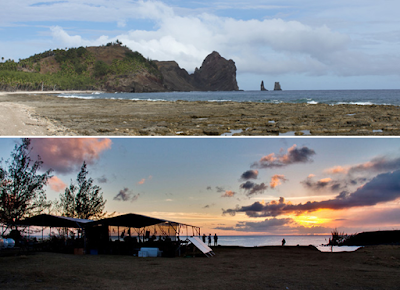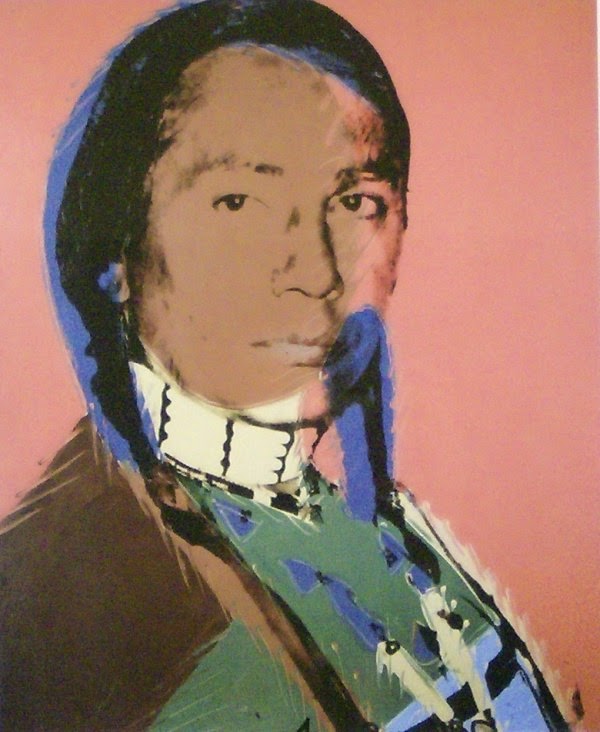Pacifist Voices from Japan

Two of Japan's pacifist voices go silent by Phillip Brasor Special To The Japan Times September 3, 2016 Rokusuke Ei — writer, broadcaster, raconteur — died on July 7 at the age of 83, roughly two decades after publishing a best-seller called “Daiojo,” which means “Dying Peacefully.” Several media outlets reported that Ei passed peacefully. He’d had Parkinson’s disease for a number of years before he died and yet continued to present his long-running show on TBS Radio until this spring — though he often did so over the phone. He also had to rely more on his female announcing partner, which in a way was the saddest aspect of his decline. Ei was, more than anything, a man of words, someone who understood the power of simple, clear language. His gift was instinctual — he didn’t need to choose his words carefully. In a series of memorial interviews in the Asahi Shimbun with some of Ei’s professional acquaintances, veteran comedian Kinichi Hagimoto said of his fri




